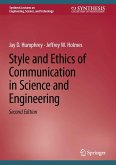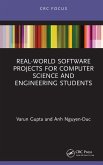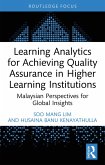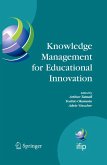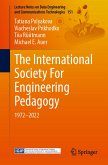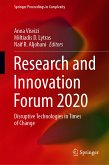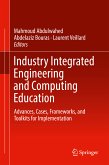The book takes the emphasis off of learning syntax so that the reader can focus more on algorithmic thinking. Although it is not assumed that the reader has taken differential equations or a linear algebra class, there are short introductions to many of these concepts. Following a short history of computing, the MATLAB environment is introduced. Next, vectors and matrices are discussed, followed by matrix-vector operations. The core programming elements of MATLAB are introduced in three successive chapters on scripts, loops, and conditional logic. The last three chapters outline how to manage the input and output of data, create professional quality graphics and find and use MATLAB toolboxes. Throughout, biomedical and life science examples are used to illustrate MATLAB's capabilities.
- Focuses the reader on algorithmic thinking and not on the learning of syntax;
- Emphasizes the foundations and ability to efficiently integrate and operate vectors and matrices;
- Demonstrates MATLAB as a powerful all-purpose application tool concentrating on the idea of a script and then the concept of a function.
Dieser Download kann aus rechtlichen Gründen nur mit Rechnungsadresse in A, B, BG, CY, CZ, D, DK, EW, E, FIN, F, GR, HR, H, IRL, I, LT, L, LR, M, NL, PL, P, R, S, SLO, SK ausgeliefert werden.



